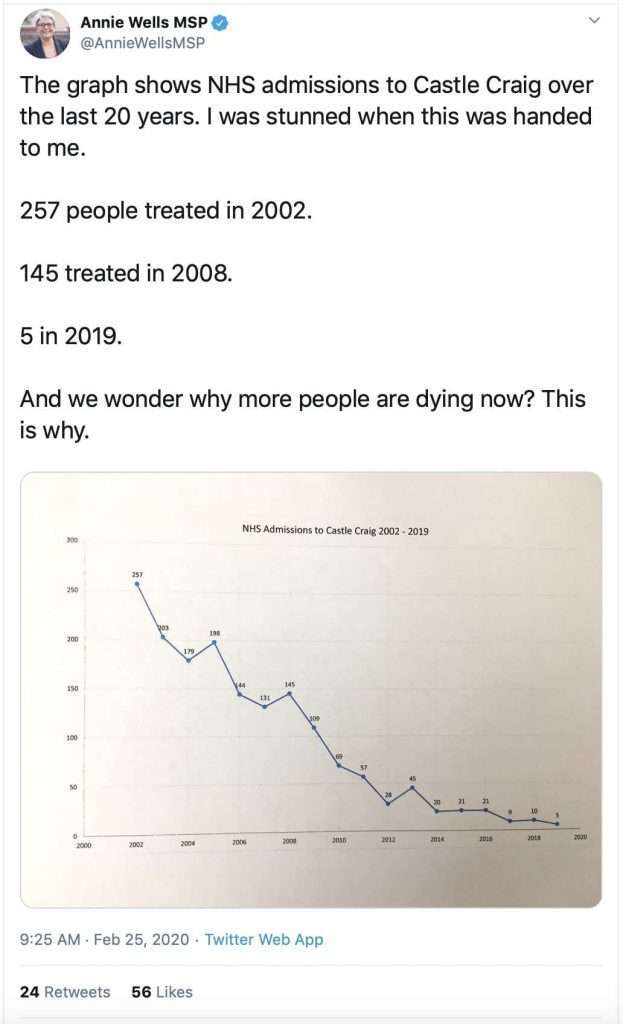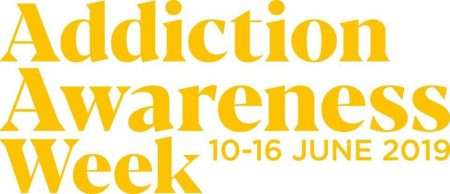Drug summits are being held today and tomorrow to address the drug death epidemic in the UK
Ironically, this is happening in Glasgow, which is at the heart of the problem.
Rehab Costs & Options for Alcohol | Drugs | Other addictions
For Scotland, this is literally a life-or-death turning point as the country has seen some of the highest numbers of drug and alcohol-related mortalities in the world while having a drastic decline in addiction treatment funding.
Since last year, Scotland has seen a 27% rise in drug-related deaths, with the majority of it being from opioid overdoses. Meanwhile, admissions to treatment centres, especially residential rehabs, have dropped. Today, it seems, access to rehab in Scotland is only reserved for the rich.
The Scottish Government is Shying Away from Serious Problems
Funding for rehab referrals via the NHS has fallen dramatically over the past two decades, and only appears to be getting worse. The current government strategy, of Scotland in particular, seems to be favouring community-based resources such as less-intensive programmes or substitution therapies.
The country has supported many harm-reduction programmes, and are even piloting a managed alcohol programme (MAP) in Glasgow while refusing to help people who genuinely want to be sober once and for all. It seems that the current Scottish government has a poor understanding of what addiction is all about. While these strategies may work for some, they do not help those with serious problems.
The Decline in Treatment Funding Spells Doom for Victims of Drug Addiction
Castle Craig is one of many rehabilitation centres that have noticed a major drop in NHS-funded admissions for addiction treatment. For example, Castle Craig has reported that in 2002, 257 people from Scotland were referred, but in 2019, only 5 were seen.
Given the rise of the drug problem in the country, this is rather surprising. Especially since there are many people who are seeking treatment but simply cannot get access. Half of the patients in residential rehabs reported serious difficulty in getting proper help via the NHS. And those that make it through the initial stages often have to wait up to 12 months to actually receive said treatment.
Upon seeing these reports, Annie Wells, the Deputy Leader of the Scottish Conservative party, tweeted, “And we wonder why more people are dying now? This is why.” [@AnnieWellsMSP]

According to a recent article in The Herald, similar statements were issued by other residential rehabilitation centres in Scotland. So, it is not surprising that many UK treatment facilities, and not just in Scotland, have closed down over the years.
Castle Craig, for the moment, has been helping people with drug and alcohol addictions here on referrals from the EU as well as privately funded patients. However, being a Scottish-based rehab, it is disappointing not to be able to help out local citizens. While some criticise accepting foreign patients, Castle Craig says that there are always beds available for Scottish and UK-based residents.
Why Residential Rehab Is Important
While there is a time and place for harm-reduction, it should not be prioritised over scientifically proven treatment strategies like residential rehabilitation programmes. Not to mention, substitution therapies, such as methadone treatment, are often mismanaged and may force a person into a worse-off situation than they were in before.
Many people who have an addiction also have an accompanying psychological disorder, such as depression, PTSD, or another mental illness. To properly treat the addiction, you need to treat the underlying issues as well. And this is very hard to do without an intensive approach like residential treatment.
Residential rehab is an absolute necessity for those suffering from serious alcohol or drug addiction. Many people who have hit rock-bottom claim that basic community-based resources and peer support groups are just not enough.
William’s Story
For example, Wiliam Allan, who was once treated at Castle Craig for alcoholism, said, “I had been through community addiction teams, I’d been sectioned umpteen times, I’d had outpatient treatment, I’d tried Alcoholics Anonymous. Nothing worked…. if I hadn’t got into Castle Craig I wouldn’t be here today. That’s a fact.”
Despite losing everything due to his addiction, residential rehab helped turn his life around. Currently, he is a major advocate for addiction treatment around the world and also works as a therapist at Castle Craig.
It’s Necessary to Make Smart Decisions – Now
Residential rehabilitation is a major key in the fight against the addiction epidemic and it cannot be removed from the frontlines. And many people who have been through addiction, understand this like no one else.
There have been many campaigns to improve the alcohol and drug addiction treatment strategy, especially prior to the Drug Summit. One of many UK recovery-focused charities, FAVOR (Faces and Voices of Recovery), is calling for the government to declare the current situation as a public health emergency and increase funding for treatment.
This doesn’t mean that rehabs will be a free-for-all. Residential treatment isn’t for everyone. A person needs to genuinely want to get better – they need to be psychologically ready for real change.
So, the fact that the NHS does vet patients for the appropriate treatment route isn’t wrong. People should not be blindly referred via step-by-step procedural guides, especially if it won’t help them. However, people should never be turned away when they need to support the most.



